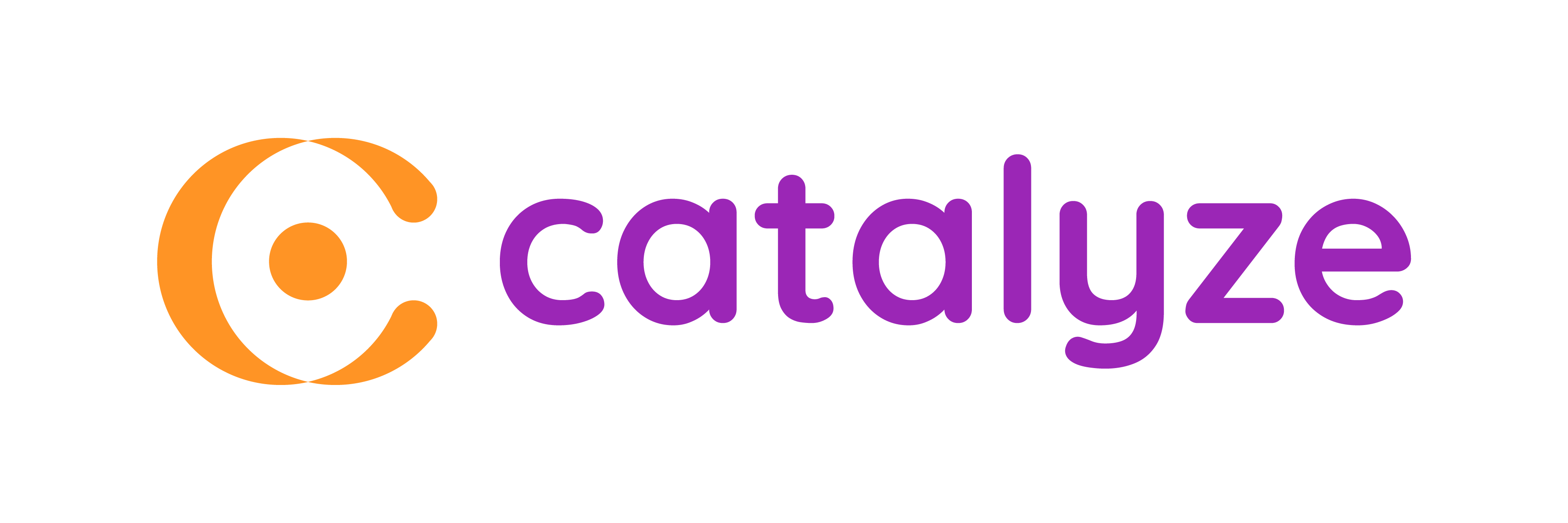The National Institute of Open Schooling (NIOS) was set up by the Government of India in 1989. The objective of the program is to give children who are unable to attend conventional schools (for any reason) access to the same education as those who do attend traditional schools. It offers a range of learning courses up to the pre-degree level:
- Open Basic Education that is available to anyone over the age of 14. There are 3 levels of learning that are equivalent to classes III, V, VIII of the traditional school system.
- A Secondary Education course that is equivalent to class X
- A Senior Secondary Education Course that is equivalent to class XII
- Vocational and other programs and courses
Understanding Open Schooling
The terms open schooling and distance education are often used interchangeably and many people think that they are the same thing. While their objectives are similar, in that both provide options to the formal classroom-based school education, there are differences that must be understood.
Open schooling is aimed at removing obstacles to learning. These can be of any kind – age-related, financial, geographic, infrastructure or time related and so on. In the open school system, the student takes on the responsibility for what they study, how they learn, the paces at which they work, using any additional learning support that may be available to them and when their learning is assessed – that is, when they take their examinations. In other words, there is total flexibility available to students.
Distance learning is a part of open schooling but does not encompass all its features. It is basically a system used by students who are geographically removed from the teachers and the educational resources they want. In the past distance learning was done by correspondence courses that were transmitted by mail. Today it has been replaced by online learning – the use of the internet to connect students, teachers and to enable easy access to study material. While this does offer a great deal of flexibility to students, distance or online learning is focused on a specific objective such as success in a competitive examination and works within a set timeframe – for example, the class XII examination for 2019, or doing well in SAT.
The Advantages of Open Schooling
NIOS offers the following advantages:
- There are no upper age restrictions for any of the learning programs
- There are no classes to attend
- There is no timeframe for taking an examination – a course can be completed in a time frame that suits the student – for example, what may be covered in 1 year of traditional schooling can be done in 4 or 5 years or even more, if the student so desires
- Examinations are conducted by NIOS and can be given at any time, depending on when the student feels he or she is ready








